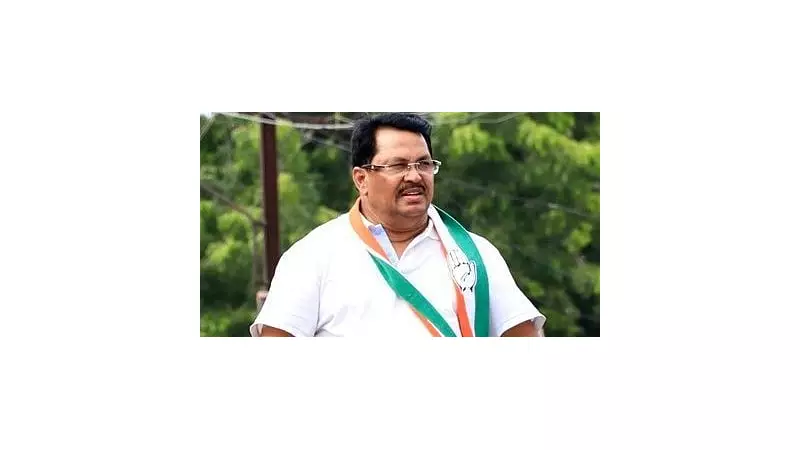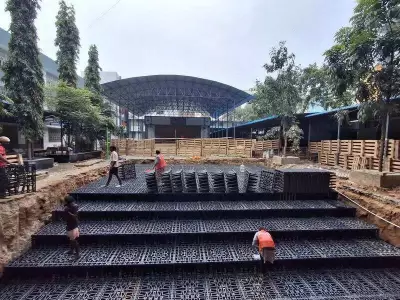
In a significant political development, Congress leader Vijay Wadettiwar has expressed support for a potential alliance with the Maharashtra Navnirman Sena (MNS) for upcoming civic elections in Maharashtra. This potential partnership has drawn sharp criticism from the Bharatiya Janata Party, which has labeled it as 'politics of convenience'.
Shift in Political Strategy
The Congress party, which had previously maintained a firm stance against any collaboration with Raj Thackeray's MNS, appears to be reconsidering its position. Vijay Wadettiwar, a prominent Congress leader, publicly endorsed the idea of joining forces with the regional party for the municipal elections. This marks a notable departure from the party's earlier position, particularly given the MNS's history of aggressive agitations against Hindi-speaking people in Maharashtra.
The potential alliance comes at a crucial time when political parties are preparing for important civic polls across the state. The Congress leader's statement suggests a pragmatic approach to politics, where electoral calculations might be overriding ideological differences.
BJP's Strong Reaction
The BJP was quick to respond to this development, with party leader Chandrashekhar Bawankule leading the criticism. Bawankule accused the Congress of engaging in 'politics of convenience' and highlighted the apparent contradiction in the party's position. He reminded that the Congress had previously opposed any alliance with MNS due to the latter's controversial stance and actions against non-Marathi communities.
The BJP leader's comments underscore the political tensions surrounding potential alliance formations in Maharashtra. His statement serves to highlight what the opposition party sees as ideological inconsistency on the part of the Congress.
Political Implications and Future Scenarios
This potential Congress-MNS alliance could significantly alter the political landscape in Maharashtra's urban centers. The development, reported by PTI on November 22, 2025, indicates that political parties are actively exploring new combinations to strengthen their positions in the crucial civic polls.
The move raises important questions about how political parties balance ideological commitments with electoral pragmatism. It also demonstrates the evolving nature of political alliances in Maharashtra, where regional parties often play kingmaker in close contests.
As parties finalize their strategies for the upcoming elections, this proposed alliance could either become a game-changing partnership or remain a subject of political debate, depending on how both parties navigate their historical differences and current political necessities.





